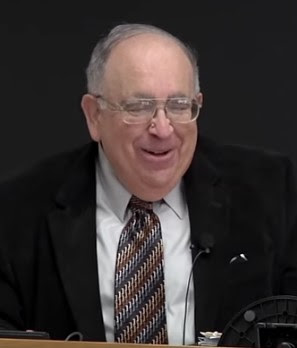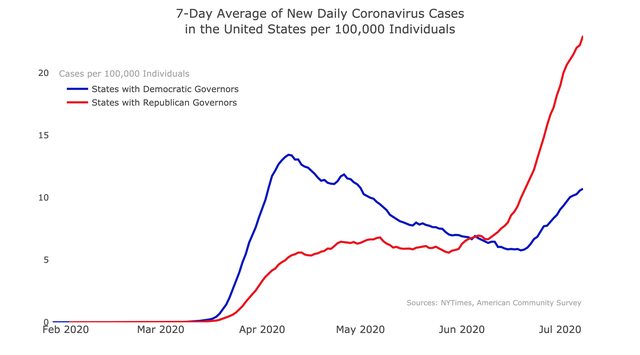Hamlet's Warrior-Christian Dialectic

Two weeks ago, my blog post mentioned Paul A. Cantor’s insightful introduction to the Cambridge University Press Hamlet (2004, 2012) , including his use of Hegel's idea of Tragedy as conflicting ideas of the good. Cantor also does a good job not only identifying the importance of both Christian and classical allusions, but also of noting that Christian and Classical worldviews are in an uncomfortable dialectic in the play. [Paul A. Cantor, image from screenshot, Youtube ] In act 1, scene 2, Claudius describes Denmark not as a Christian state, but a "warlike state." The classical code of honor and revenge is demonstrated by the ghost's commission that Hamlet avenge his murder, and also by the first performance of a speech by the players about the story of Hecuba witnessing Pyrrhus's revenge on Priam. Christianity is demonstrated at many turns in the play, with allusions and plot echoes, from Horatio as the doubting Thomas of the first scene, to the very last ...



